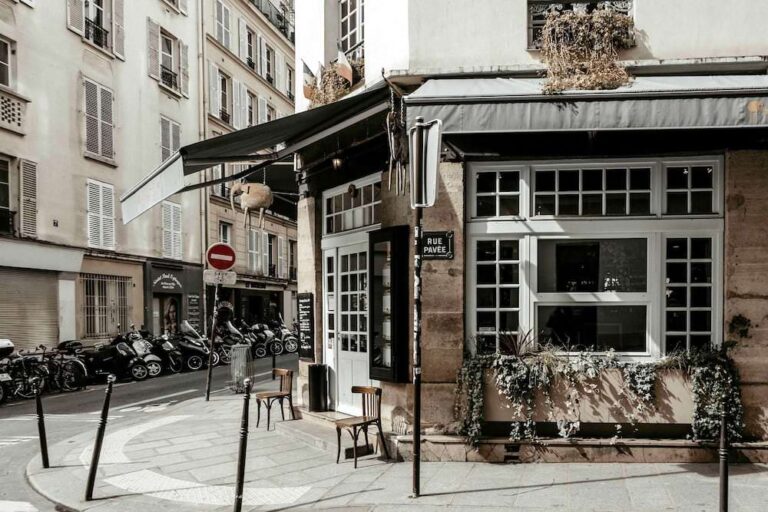faire la pluie et le beau temps
“faire la pluie et le beau temps” means to be all powerful, to decide everything, to be the decision maker in a group of people. The French words literally mean “to make rain and nice weather.” It refers to the theoretical ability to control the weather, which would make someone extremely powerful. The saying dates to 1732 and is a possible reference to mythological gods in ancient Greek and Roman times. Equivalent English expressions are “to be a rain maker” or “to call the shots.”






